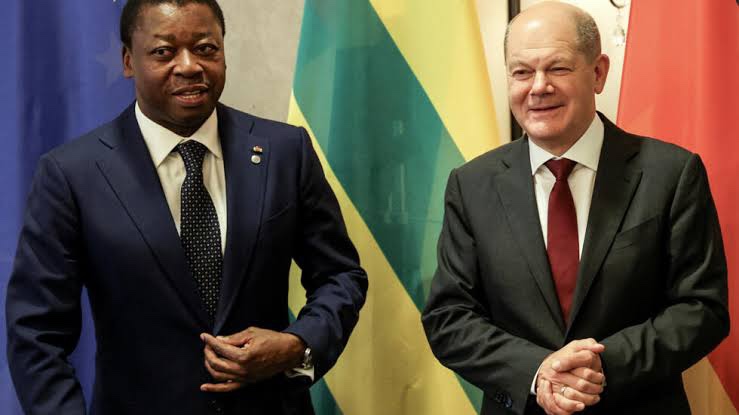Togo parliament to review contested constitution reform

Togo’s President Faure Gnassingbe has initiated a contentious constitutional reform, aiming to return it to parliament for a “second reading,” as announced by a government minister on Friday.
The parliament, predominantly controlled by Gnassingbe’s UNIR party, recently passed a law shifting Togo’s governance from a presidential to a parliamentary system. This reform would grant the assembly the authority to elect the president for a single six-year term. However, concerns arise regarding the potential for indefinite rule, given the ambiguity surrounding the renewal of the term, fueling opposition criticism.
The proposed constitutional amendments have drawn criticism from opposition parties within the West African nation, labeling it as a power consolidation move by Gnassingbe, who has held office since 2005, succeeding his father, General Gnassingbe Eyadema, who seized power in a coup over five decades ago. Ahead of the scheduled legislative and regional elections on April 20, tensions are escalating, with opposition denouncing the maneuver.
Government spokeswoman Yawa Kouigan addressed the growing discontent, stating, “All things being subject to improvement, and given the interest generated in the population since its adoption, the president today asked the National Assembly president to hold a second reading on the law,” in a televised address. The move signifies an attempt to address public concerns and foster transparency in the legislative process.
However, the constitutional reform has triggered public outcry and sparked divisions within Togo. A group of nearly 100 university academics, intellectuals, artists, political figures, and civil society actors issued a joint appeal urging the populace to “mobilize” against what they perceive as an abuse of power. Calls for Gnassingbe to halt the reform for the nation’s greater good have intensified, reflecting the polarized sentiments surrounding the issue.
In the midst of escalating tensions, the situation has seen additional complications, including the arrest of a Togolese newspaper editor and concerns raised by media watchdogs over press freedoms in the lead-up to the elections. International stakeholders, including US government officials and the Togo Bishops’ Conference, have urged Gnassingbe to pursue peaceful and democratic resolutions through inclusive political dialogue.
Notably, this recent attempt at constitutional reform follows previous revisions in 2019, which aimed to limit presidential terms to two. However, the absence of retrospective application left Gnassingbe eligible for re-election, perpetuating concerns over democratic governance and political stability in Togo. As the nation grapples with these constitutional challenges, the coming weeks are poised to be critical in determining Togo’s political trajectory.












